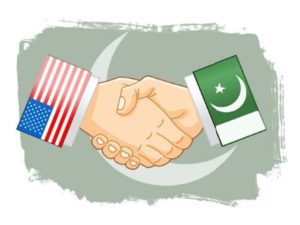On 26 May 21 was Buddha Jayanti – 2853rd birth anniversary of Lord Buddha.
Buddha was born a rich prince who at the age of 30 renounced all his worldly possessions including his princedom. He attained enlightenment and preached dharma (duty), nonviolence, harmony and kindness for 45 years. His teachings became the foundation of Buddhism which is the fourth largest religion in the world today. He was considered to be an enlightened teacher rather than a god.
Buddha’s teachings were put to writing in 400 BC. Buddha’s words of wisdom on a number of broad topics have stood the test of time. His quotes are characterised by their precision, profoundness, and pragmatism. My favourite ones (very relevant even in present day scenario) are as follows:
On Living
“Do not dwell in the past, do not dream of the future, concentrate the mind on the present moment.”
On Happiness
Happiness does not depend on what you have or who you are. It solely relies on what you think.
On Spreading Happiness
“Thousands of candles can be lighted from a single candle, and the life of the candle will not be shortened. Happiness never decreases by being shared.”
On Action
“An idea that is developed and put into action is more important than an idea that exists only as an idea.”
On Anger
“Holding on to anger is like grasping a hot coal with the intent of throwing it at someone else; you are the one who gets burned.”
On Health
“Every human being is the author of his own health or disease.”
“To keep the body in good health is a duty … otherwise we shall not be able to keep our mind strong and clear.”
On Perseverance
“There are only two mistakes one can make along the road to truth; not going all the way, and not starting.”
On Change
“One moment can change a day, one day can change a life, and one life can change the world.”
On Controlling your Mind
“It is better to conquer yourself than to win a thousand battles. Then the victory is yours. It cannot be taken from you, not by angels or by demons, heaven or hell.”
Last two are most relevant in today’s age of social media
“People with opinions just go around bothering one another.”
“Believe nothing, no matter where you read it, or who said it, unless it agrees with your own reason and your own common sense.”
For regular updates please register here –
https://55nda.com/blogs/anil-khosla/subscribe/


